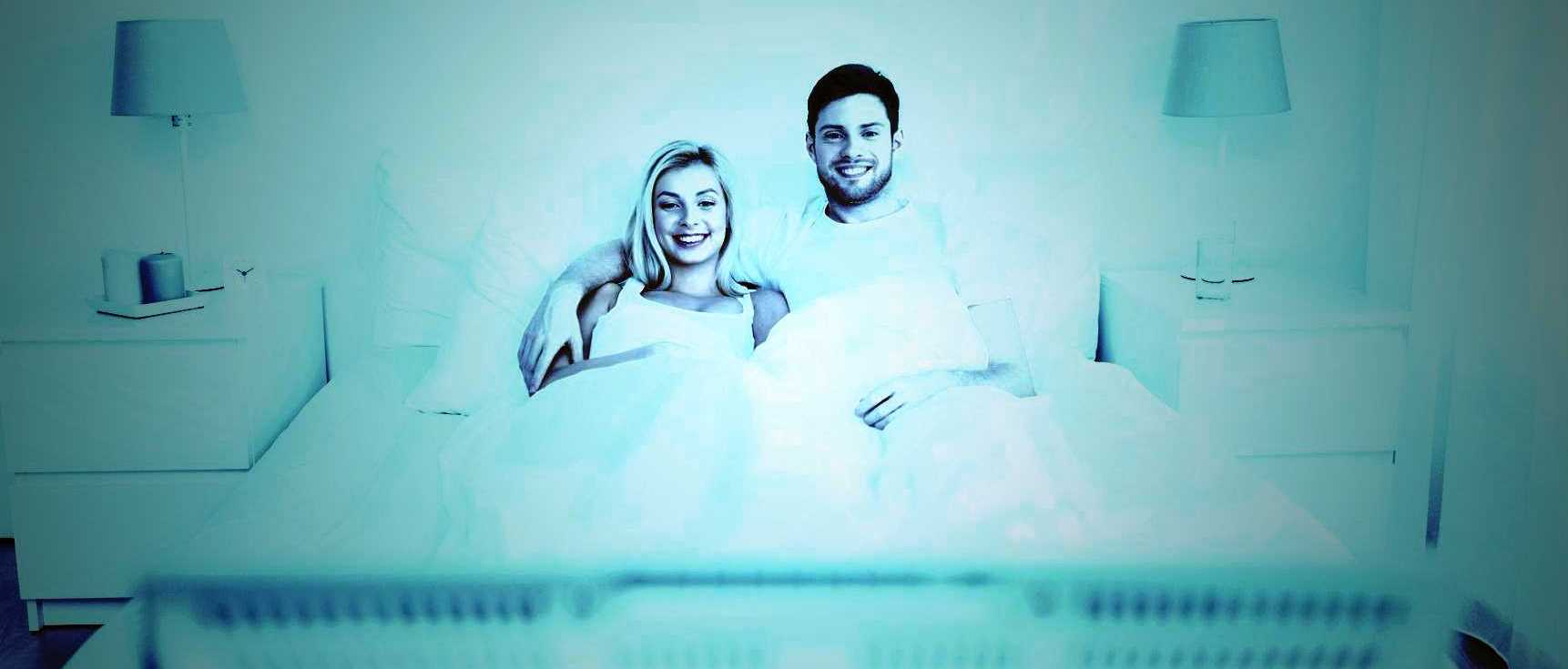
Effects of Under-Sleeping
Are you aware of the harmful effects of under-sleeping and the subtle, yet long-lasting implication it can have on your life? Most people are not.
We now have access to technology all of the time, whether it’s through smartphones, laptops, tablets, smart tvs, etc. Things like Facebook, Netflix, Instagram, and Wikipedia are just a simple touch away. Most people can’t go to dinner without having their cell phone on the table, as these things have essentially become an extension of ourselves. While having information immediately at our fingertips is overly convenient, it is seriously affecting our sleep patterns.
A study comparing the Western world’s use of electricity versus the pre-industrial societies that functioned without electricity has found a big difference and correlation between the exposure of light and consequential sleep patterns. Essentially, subjects who lived in an environment mimicking pre-industrial societies were exposed to darkness for around eleven or twelve hours every night. This is because the only light sources they were exposed to were light from wood fires, which are not disruptive to our sleep.
In contrast, those who were living in industrialized Western countries were exposed to darkness only as long as they slept, which is usually around seven hours.
When you watch TV or look at any illuminated screen before you go to sleep, your body does not release the healthy amount of melatonin needed for proper sleep. This happens because the reflection of the screen tells your brain and circadian rhythm that it’s still sunny outside.
The next day, you will not be able to clearly focus nor function. According to the American Chiropractic Association, memory, decision-making faculties, attention, and patience are just a few of the limiting issues with mental performance when you have a lack of quality sleep.
These negative effects are somewhat like a glass wall on your brain which limits the functionality and ability of your brain to perform at high levels. They also make imperative work such as studying and working a difficult task harder for you, ultimately affecting your performance. A 1997 National Sleep Foundation poll found that $1.8 billion in work productivity was lost to sleep disorders and sleep debt, which is defined as the hours you fell short of within the eight-hour sleep and accumulated over time.
If losing that much money in one year isn’t bad enough, lack of sleep also strains your relationships and physical abilities. When you are under-sleeping, you are more irritable and often in a bit of a haze which makes you easily reactive. Other people notice this.
According to the Better Sleep Council, physical agility, energy and coordination are negatively impacted when you get poor sleep. Moreover, your cardiovascular endurance, reaction times and heart functions are also very much affected when you don’t get good sleep. Whether you like to lift weights or whether you’re more of a runner – lack of sleep can really affect your fitness, your gains and your general health and well-being.
If you want to have a deep REM sleep, some simple steps you can take include keeping your bed in a dark room, avoiding electronics before you go to bed and curbing your caffeine intake.
If you take magnesium supplements, they can help regulate neurotransmitters, which send signals throughout the nervous system and brain. They also regulate the hormone melatonin, which guides sleep-wake cycles in your body as well as quieting your nervous system and calming your body and mind.
Melatonin supplements can help reset the body’s internal clock. When melatonin levels spike in your blood, you feel less alert, and sleep becomes more inviting.
Another new option to help you sleep better are Swannies. These blue light blocking glasses improve the quality of your sleep by filtering out harmful artificial blue light from electronic devices that shuts down your body’s natural melatonin production and disrupts your sleep.
They help prevent eye damage from excessive screen use as well as symptoms of digital eye strain such as sore eyes, headaches, and fatigue. They’re designed to be used anytime you are using digital devices, but are strongly encouraged to be used at least one hour before bed to stop artificial blue light from disrupting your sleep.
To learn more about Swannies, click on this link. Trust us, they work wonders. We use them too.
One of the best forms of holistic medicine you can take to look, feel and perform better is getting a good night’s sleep.









